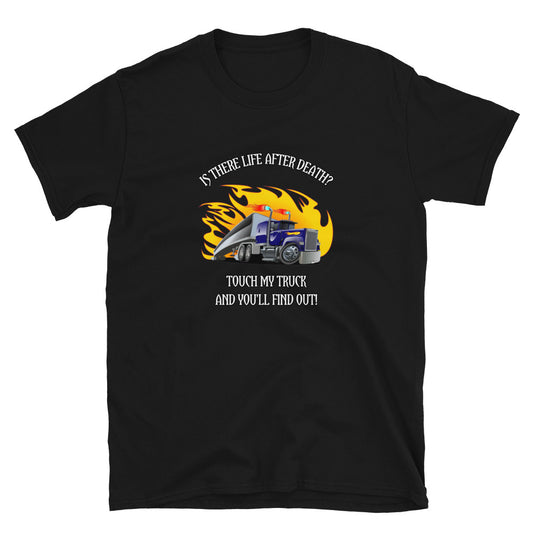In the era of digital transformation, the e-commerce industry has experienced unprecedented growth, driven in large part by the convenience and accessibility it offers to consumers. As online shopping becomes increasingly popular, the demand for efficient trucking and delivery services has also surged, reshaping the logistics and transportation landscape.
The rapid expansion of e-commerce has revolutionized the way consumers shop, creating a seismic shift in the retail industry. With just a few clicks, shoppers can now purchase goods from the comfort of their homes, leading to a significant increase in online sales. This surge in e-commerce activity has put immense pressure on trucking and delivery services to meet the growing demand for timely and reliable deliveries.
One of the most prominent impacts of the e-commerce boom on trucking and delivery services is the need for enhanced last-mile delivery capabilities. Last-mile delivery, the final stage of the delivery process where goods are transported from distribution centers to the customer's doorstep, has become a critical focus for logistics companies. The rise of e-commerce has necessitated the development of innovative and efficient last-mile delivery solutions to ensure prompt delivery and customer satisfaction.
Furthermore, the demand for faster delivery times has led to the evolution of expedited shipping services, placing additional pressure on trucking companies to streamline their operations and improve delivery speed. This has prompted investments in technology and infrastructure to optimize routes, automate processes, and leverage data analytics for more efficient delivery operations.
The growing demand for e-commerce has also resulted in a shift towards sustainability and environmentally friendly practices within the trucking and delivery industry. As the volume of goods being transported continues to rise, there is an increased focus on reducing the carbon footprint of delivery services through the adoption of electric and hybrid vehicles, as well as the implementation of eco-friendly delivery practices.
Moreover, the rise of e-commerce has led to the development of creative solutions such as crowd-sourced delivery and alternative delivery methods, including the use of drones and autonomous vehicles. These innovations are aimed at accommodating the surge in online orders while optimizing delivery routes and enhancing overall efficiency.
In conclusion, the exponential growth of e-commerce has had a profound impact on the trucking and delivery services industry, necessitating a strategic evolution in logistics and transportation practices. The need for enhanced last-mile delivery, expedited shipping, sustainable practices, and technological innovation has reshaped the way goods are transported and delivered to consumers. As e-commerce continues to thrive, the trucking and delivery sector will undoubtedly undergo further transformation, driven by the evolving demands of the digital marketplace.














